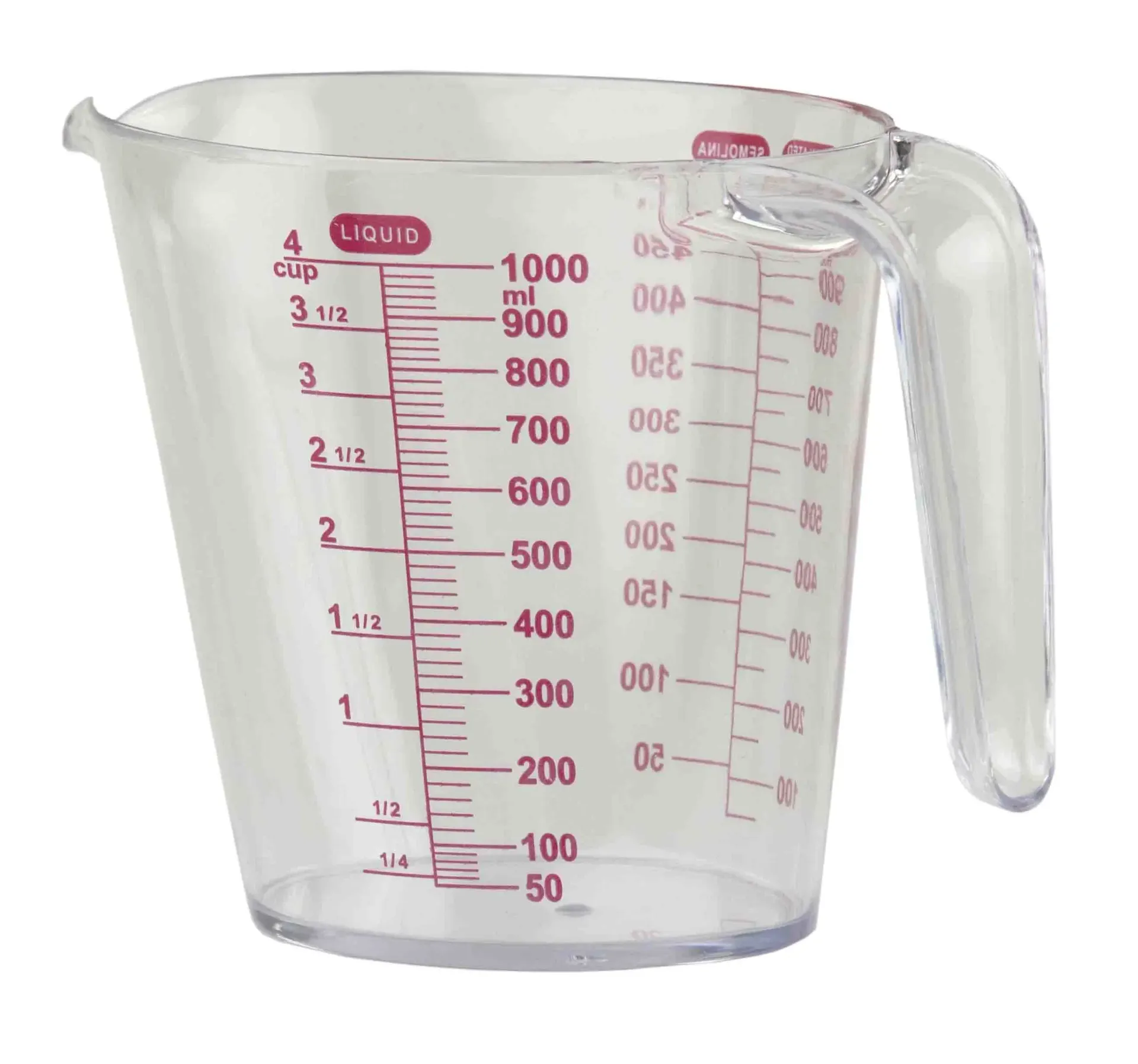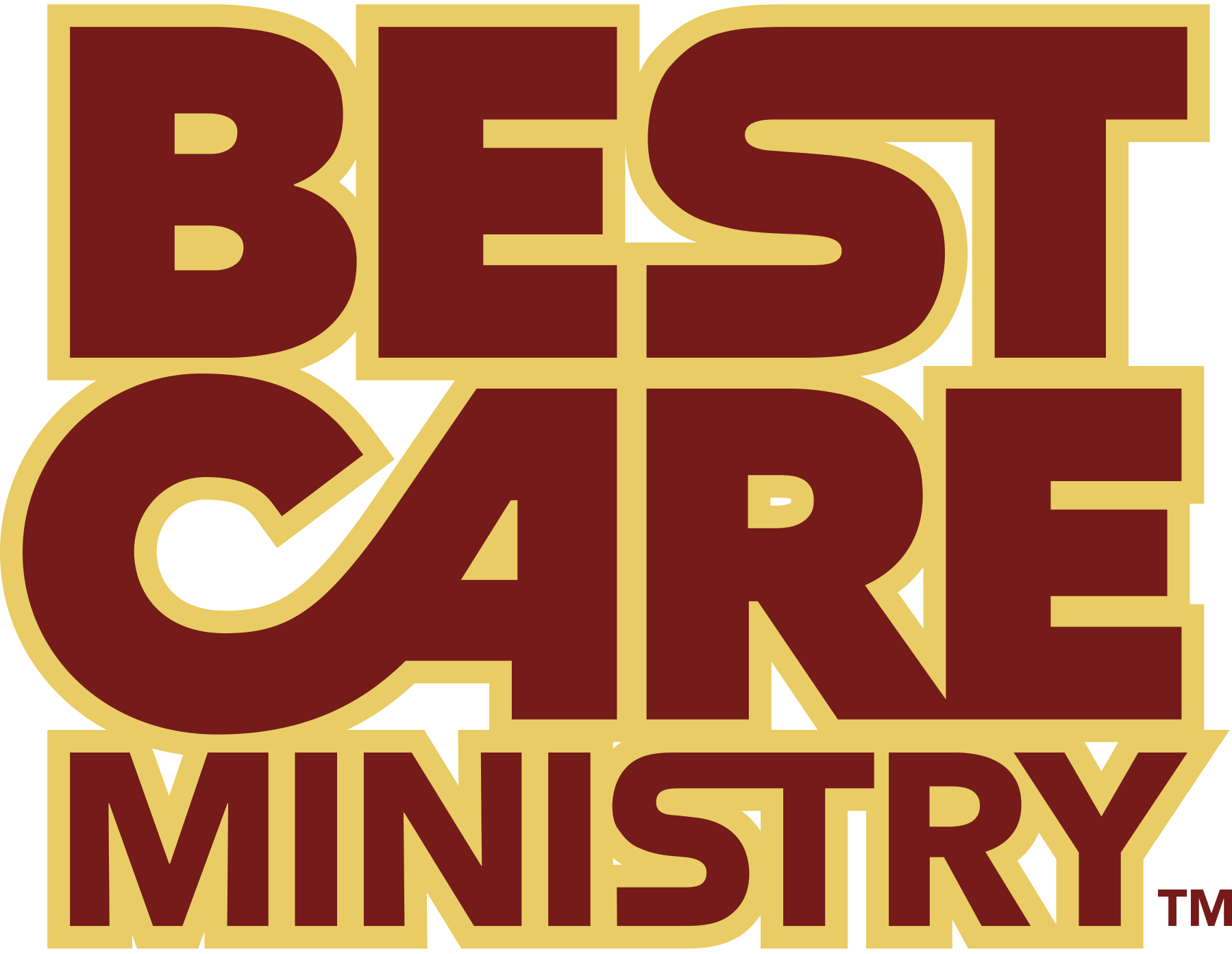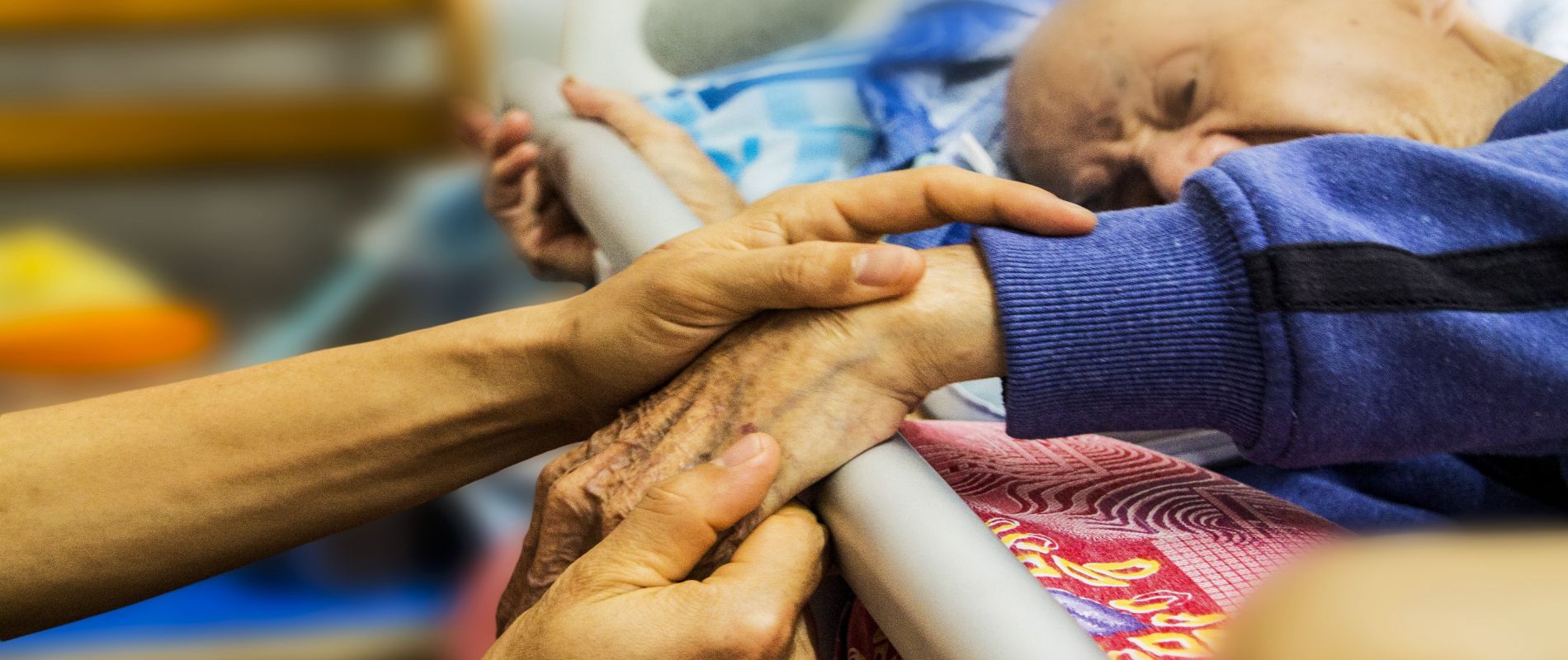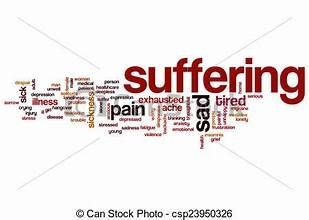We can increase our capacity to care.

I experienced it. Compassion fatigue.
That is when I thought, "I don't think I can handle another problem or a person in need."
It can happen on a personal level or in a broad and cultural way.
If the culture is empty it is because most people are empty, whether for individual or general reasons. In reverse, if many people are empty due to their personal needs, who has the capacity to care for victims of a war, or hurricane, earthquake or whatever?
In this post I focus on the personal level and save the burden of mass-scale-human-misery for another post--perhaps the next one. If you want to read ahead, check out the book Compassion, by Nouwen, Mcneill and Morrison, pp 51, 52
Some events drain you quickly.
My family suffered the tragic loss of suicide. My care-capacity was quickly "maxed-out'. The magnitude of the situation revealed my inadequacy to comfort those who were closer than I was to the person and event. There was also my own sadness and many unanswered questions that kept me looking for answers that would not come.
That is when it struck me. I have a limited capacity to care.
The accident happened at rush hour. The roads were full of people heading home from work. An understandable mistake took place in the large intersection with turning lanes, two lanes in each direction and right turn lanes. She clipped a truck when she was trying to turn left. The truck veered off the road and hit a pedestrian and a light pole. The pedestrian suffered catastrophic injuries in a scene that upset even the first responders and hospital staff. Family and friends were understandably traumatized.
When the patient arrived at our Emergency Department, I was the Chaplain-On-Call. It was my responsibility to oversee the staging of receiving family and friends, communication from the trauma surgeon to the family and support for the one who caused the accident but who only had a minor injury.
This lovely woman could have been my wife, or daughter, a friend or neighbor. She suffered a different type of trauma because her life changed because a mistake that dramatically changed another person's life.
A few weeks passed, and I could not "get-over" this situation. My heavy heart, perhaps low-grade-depression, would not go away.
I knew I need to do something about it.
No one has an unlimited capacity to care. Effort must be taken to keep the care-tank filled up.
People who care for people in need will at one time or another face compassion fatigue. They want and need to care but they face so many needs and and/or needs with such profound pain that they reach the point where they cannot care any more. With sheer will-power they may perform their duties, but the energy and compassion has been reduced to an exhausting responsibility.
The two situations I faced are personal examples I share because I know how they affected me. But, they only introduce the problem caused in a thousand different ways. Sometimes it is a life altering injury, long term recoveries, chronic pain and illnesses, a terminal diagnosis...
I am thankful that, as a Chaplain, I am in the caring profession where our emotional, mental, spiritual and physician health is addressed. Sometimes in church and volunteer settings this is overlooked.
Here are three places to start when you are suffering from compassion fatigue.
1. Receive Care.
Care matters enough to give it. Realize that you need to be cared for too.
After the suicide, when I read the e-mails sent to me by colleagues, their validation of my pain strengthened me. More people than I can count or remember, from my church, texted me, sent cards and e-mails, spoke kind words and gave long extended hugs that shared my burden of grief and lightened my load--a different way to increase capacity is to share the burden. A church in our Care Ministry Network sent me a card and everyone on the staff personally expressed their condolences. When I serendipitously met two of them at a Starbucks the sincerity of their care brought great comfort. I can't explain it or measure it, but I know I needed it and when I accepted it, my capacity to care was refreshed.
If you are in a good place now, look for someone who needs to be cared for and care for them with your presence. Yesterday I received a text from someone I support,
"I wanted to let you know just how grateful I am for you."
2. Do something physical.
Maybe it is the endorphins that come from strenuous exercise or that physical activity is different than emotional exertion, but when I finished my jog, I was physically tired but emotionally relieved. I know one jog does not fix grief or emotional pain, but it does increase our emotional capacity in much the same way as it increases our physical fitness.
If jogging is not your thing, go for a walk or work in the garden. Plant some flowers or build something in your shop. It is something different from the care that provides a distraction from the stress and/or a pleasure from the measurable accomplishment, but it is also a place to experience God in a different way.
3. Seek God's closeness. Thankfully God is available at all times and every situation but we need to make a quiet space dedicated to the spiritual discipline of devotion--scripture and prayer. Journalling is an important part of this for me. Writing helps me focus my thoughts and prayers. Many times when I start writing I don't have the words. But as I begin to write they come, and often, surprise even me, and I feel God's presence, see His work and hear Him speaking to me.
Seeking and experiencing God's presence expands our soul, strengthens our heart, gives peace to our mind and rest to our bodies so we can give our all when we care for a person in need. The 1st Essential to Care (from The 7 Essentials for Caring that Makes a Difference), is "Have a Nature to Care," or in other words, be full of God in you so His love flows out of you.
The world feels unstable, irritable and fragile. But, care works. Your care matters.
You might be tempted to feel and believe your acts of care and compassion for someone are not enough in a world that is spinning out of control. But they matter more than you know. Your worth and God's work in and through you is valuable beyond measure. (Ephesians 3:20, 21).
It is true, people don't care what you know, if they don't know that you care. But when the world"s emotional and spiritual tank is empty and weary from the struggle, they will respond to your love and care and find the Hope that they need.
Keep your tank full, because your care matters!
(I John 4:7-11, Hebrews 10:24, Galatians 5:22)











